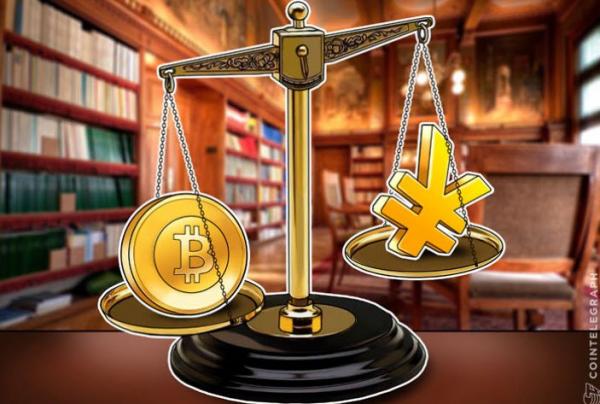
Breaking News
 BANK OF AMERICA SURRENDERS: BofA Just Issued a $309 Silver Alert (Physical Premiums Exploding)
BANK OF AMERICA SURRENDERS: BofA Just Issued a $309 Silver Alert (Physical Premiums Exploding)
 Steve Witkoff says they are close to finishing "a prosperity agreement" for Ukraine,...
Steve Witkoff says they are close to finishing "a prosperity agreement" for Ukraine,...
 NOW - Starmer says a declaration of intent has been signed...
NOW - Starmer says a declaration of intent has been signed...
 Remarks at the New Jersey Bankers Association, Jersey City, New Jersey
Remarks at the New Jersey Bankers Association, Jersey City, New Jersey
Top Tech News
 The First Production All-Solid-State Battery Is Here, And It Promises 5-Minute Charging
The First Production All-Solid-State Battery Is Here, And It Promises 5-Minute Charging
 See inside the tech-topia cities billionaires are betting big on developing...
See inside the tech-topia cities billionaires are betting big on developing...
 Storage doesn't get much cheaper than this
Storage doesn't get much cheaper than this
 Laser weapons go mobile on US Army small vehicles
Laser weapons go mobile on US Army small vehicles
 EngineAI T800: Born to Disrupt! #EngineAI #robotics #newtechnology #newproduct
EngineAI T800: Born to Disrupt! #EngineAI #robotics #newtechnology #newproduct
 This Silicon Anode Breakthrough Could Mark A Turning Point For EV Batteries [Update]
This Silicon Anode Breakthrough Could Mark A Turning Point For EV Batteries [Update]
 Travel gadget promises to dry and iron your clothes – totally hands-free
Travel gadget promises to dry and iron your clothes – totally hands-free
 Perfect Aircrete, Kitchen Ingredients.
Perfect Aircrete, Kitchen Ingredients.
 Futuristic pixel-raising display lets you feel what's onscreen
Futuristic pixel-raising display lets you feel what's onscreen
 Cutting-Edge Facility Generates Pure Water and Hydrogen Fuel from Seawater for Mere Pennies
Cutting-Edge Facility Generates Pure Water and Hydrogen Fuel from Seawater for Mere Pennies
China Will Use Blockchain To Collect Taxes

China has just announced that it will use blockchain technology for social taxation and the issuing of electronic invoices.
The government's announcement that it "will utilize blockchain technology for social taxation and electronic invoice issuance matters," has been met with silence from the mainstream media. China has already launched a test of its own cryptocurrency based on the technology, so these initiatives should be able to build on each other. This will also be a large-scale test of a government's ability to collect taxes more efficiently, considering China has the biggest economy on earth.
Moving forward, experts claim that we will all see more and more innovative uses of blockchain technology as its potential is more fully realized. Transparency and security are both absolute essentials in a digital age, and China appears to be recognizing that need and putting this powerful tech to use through policy, enforcing theft through taxation. But it's unclear as of yet, just when China will begin using Blockchain to tax. Blockchain technology has been proposed for use in elections already due to its potential for both transparency and security. It's these features that make it appealing for taxation as well.



